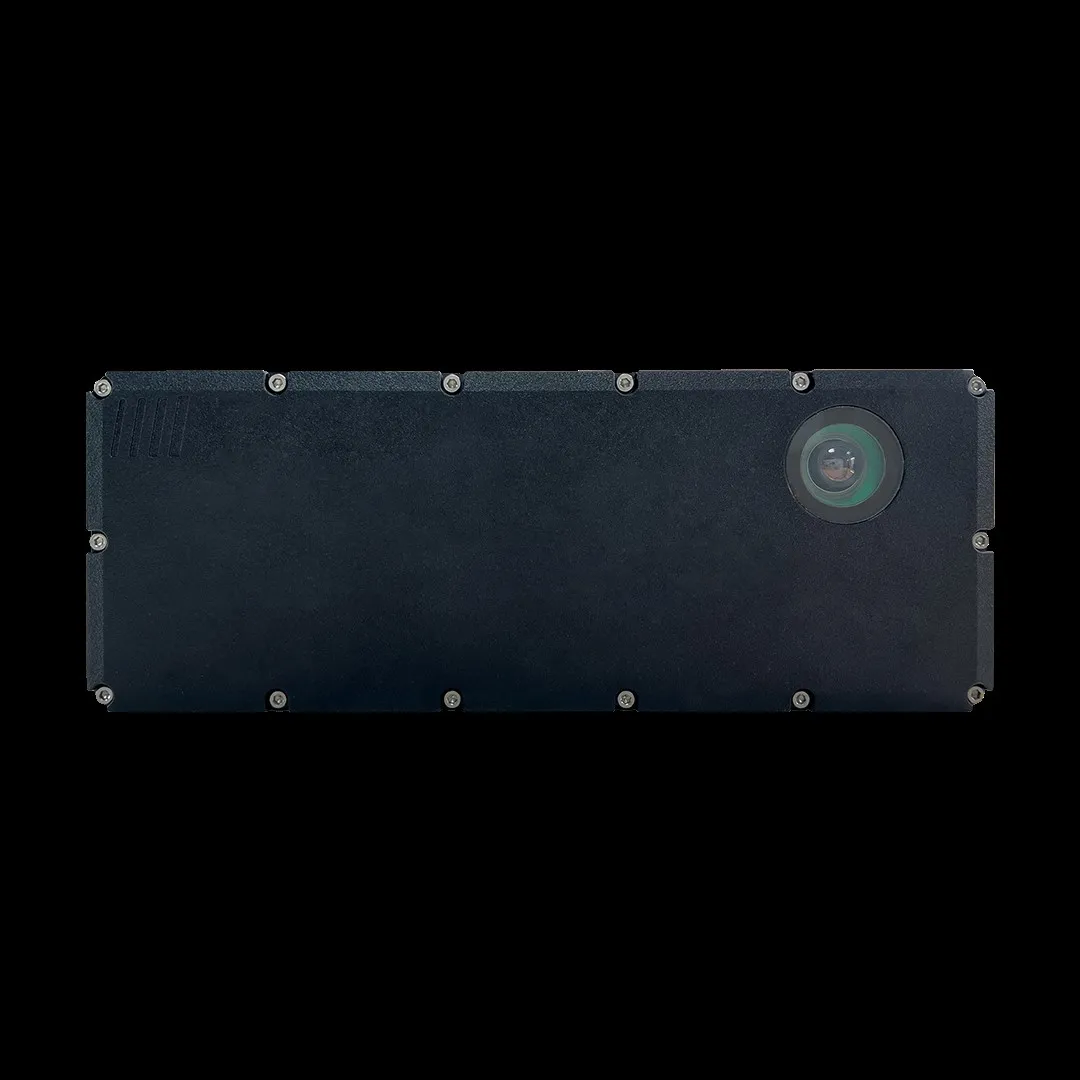
Human machine interface (HMI) systems are being demonstrated for the first time by
HMI is one of these four critical elements. The other three are communication with infrastructure, recognition of the driving environment and vehicle control assistance, according to Denso.
“Our goal is to support safe, reliable and secure driving, whoever is behind the wheel,” says the company’s global exhibition planning team manager Seiichiro Kunitomi. “HMI is vital for communication between the driver and the vehicle. Many different sensors, parameters and algorithms are important for detecting the awareness and condition of the driver in an automated situation.”
These include workload, speed and steering angle and driver drowsiness, health and attention. “Some of these HMI features are already in production, while others we are proposing to vehicle manufacturers,” Kunitomi says.
A number of HMI technologies can be experienced by delegates here in Bordeaux in a new driving simulator on Denso’s stand. These include harmonious illumination and a driver status monitor viewed from the driver’s seat on a thin film transistor head-up display.









